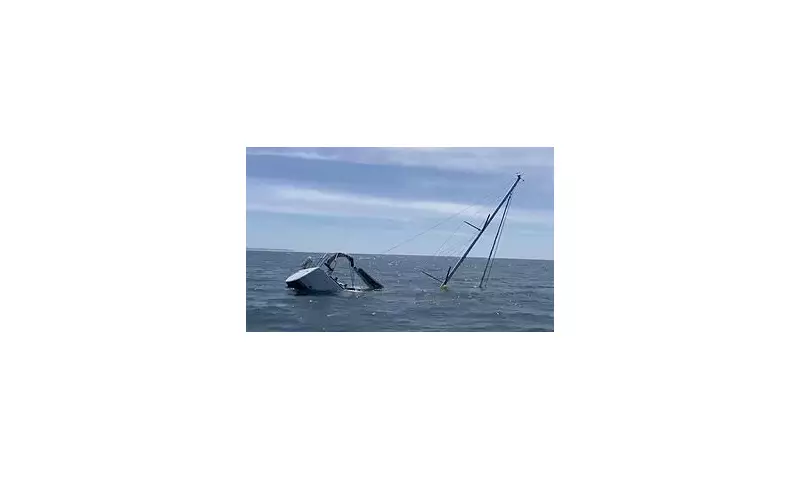
A chilling new pattern of behaviour has emerged in the waters of the Iberian Peninsula, where pods of killer whales have been deliberately ramming and damaging sailing boats. What began as a few isolated reports has escalated into a concerning trend, with over 250 recorded interactions since 2020.
An international team of scientists, led by Dr. Alfredo López Fernandez, has published a groundbreaking study in the journal Marine Mammal Science that uncovers the motive behind these attacks. Their research points to a single, pivotal event: a traumatic encounter involving a female orca they have named White Gladis.
The Traumatic Origin of a New Behaviour
The researchers propose that White Gladis likely suffered a severe aversive incident, such as a collision with a boat or becoming entangled in illegal fishing gear. This trauma seemingly triggered a profound behavioural shift. She initiated the defensive behaviour of making contact with boat rudders, a tactic that has now been adopted and taught to her pod and beyond.
'This is a learned behaviour, spreading mostly vertically among the pod members, and horizontally as other orcas copy it,' explained Dr. López Fernandez. It has become a cultural tradition, much like the unique hunting techniques seen in orca populations worldwide.
Understanding the 'Attacks'
While the incidents are dramatic and have resulted in several vessels being disabled and needing rescue, the scientists are cautious about labelling the orcas' actions as outright aggression.
- Target: The orcas almost exclusively target the boats' rudders, often ignoring the vessel and people entirely once it has been disabled.
- Method: They employ a precise ramming technique, using their heads and bodies to strike the rudder until it breaks.
- Intent: The leading theory is that this is not predation but rather a form of play or, more likely, a defensive manoeuvre born from past trauma.
This distinction is crucial. The orcas are not treating the boats as prey, but potentially as a threat or an object of curiosity.
Implications for Sailors and Conservation
The study serves as a critical warning for sailors navigating these waters. While the orcas show no interest in harming humans, the damage to vessels presents a significant safety risk. Marine authorities are advising caution and have protocols in place for vessels that find themselves in an interaction.
From a conservation standpoint, the Iberian orca population is classified as critically endangered. This new behaviour underscores the profound impact human activity can have on wildlife. The incidents are a stark reminder of the need for responsible practices on the water to minimise disturbances and collisions with these intelligent and complex creatures.





